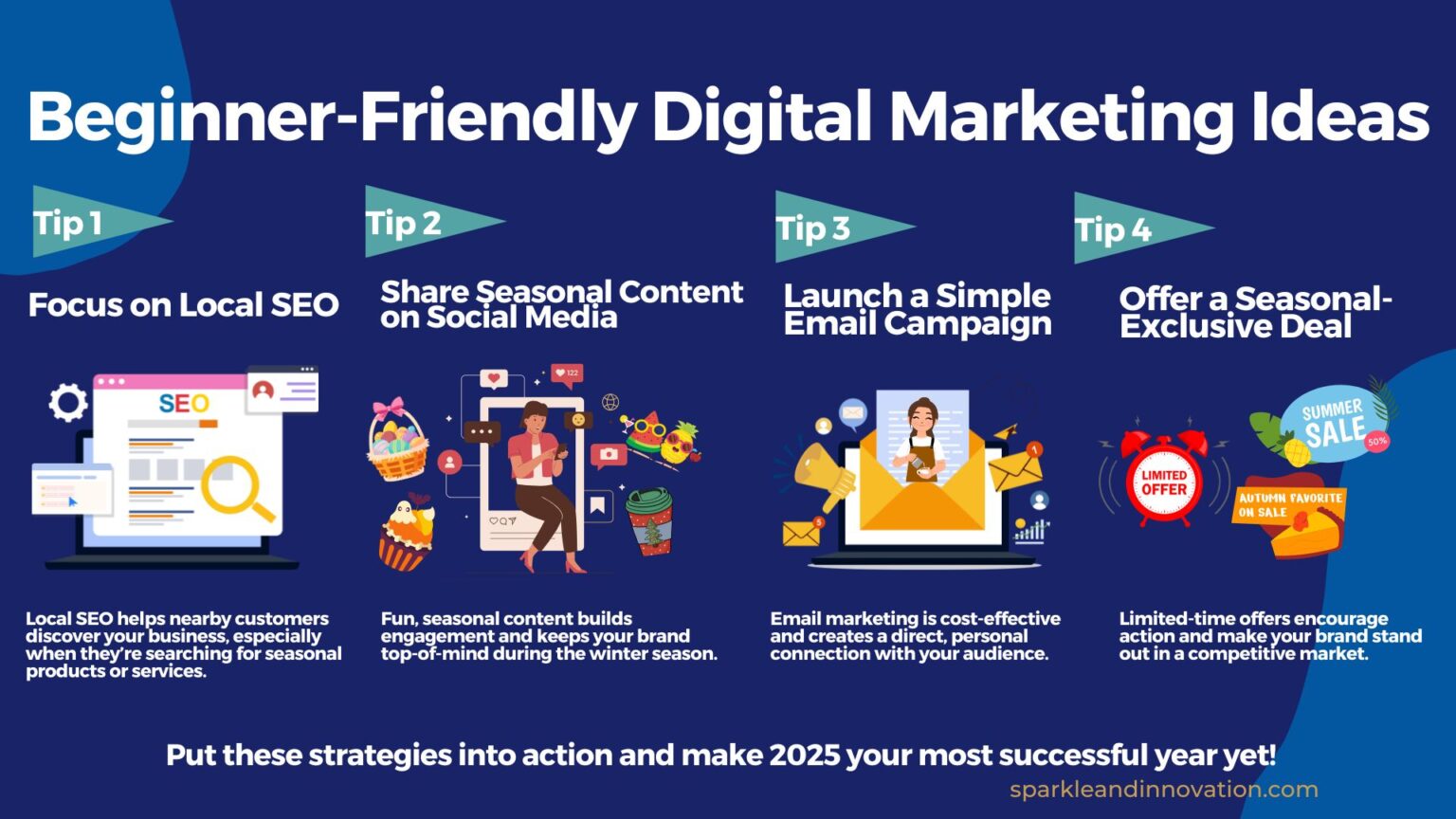What is the Difference Between a Professional Marketer and a Non-Pro?
Ever felt like your marketing efforts are a shot in the dark? You’re not alone. Many business owners and aspiring marketers wonder why some campaigns skyrocket while others barely make a blip. It often comes down to the core differences between a professional and an amateur approach. Understanding these distinctions can be the key to unlocking real growth and achieving your business goals.
The bottom line is this: a professional marketer leverages a multifaceted skill set encompassing deep knowledge, extensive experience, and a highly developed capacity for logical, strategic, and analytical thinking to achieve measurable results. This isn’t just about posting on social media or designing a pretty ad; it’s a scientifically backed, results-oriented discipline.
The Foundation: More Than Just Buzzwords
Before we dive deeper, let’s establish a baseline. Marketing, at its core, is about understanding and influencing behavior. At Sparkle and Innovation, we believe this is best achieved by integrating insights from neuroscience and psychology. This isn’t just a fancy add-on; it’s a fundamental understanding of how people think, decide, and act, which then informs every strategy and tactic. A non-professional might focus on surface-level activities, but a pro understands the underlying “why.”
Connecting the Dots: How These Qualities Build Success
Think of these five qualities – Knowledge, Experience, Logical Thinking, Strategic Thinking, and Analytical Ability – as interconnected pillars.
- Knowledge is the bedrock. It’s not just knowing what to do, but why you’re doing it, based on established principles and emerging research.
- Experience is where knowledge meets reality. It’s the accumulation of trials, errors, successes, and the nuanced understanding that only comes from hands-on practice.
- Logical Thinking allows a marketer to construct coherent campaigns where each element supports the others, leading to a clear and persuasive message.
- Strategic Thinking is about seeing the bigger picture. It’s the ability to set long-term goals and map out the most effective path to reach them, anticipating challenges and opportunities.
- Analytical Ability is crucial for measuring success, understanding data, and making informed decisions to optimize future efforts. Without it, marketing becomes a guessing game.
These elements don’t operate in silos. Strategic thinking informs what knowledge needs to be acquired; experience refines logical approaches, and analytical ability provides feedback that shapes future strategies. This interplay is what elevates marketing from a series of tasks to a powerful growth engine.
Unpacking the Core Differences: The Five Pillars of Professionalism
Let’s break down what sets a professional marketer apart, focusing on those five key differentiators:
1. Knowledge: Beyond the Basics
A non-professional might know how to boost a post on Facebook. A professional marketer understands the intricacies of the Facebook algorithm, the psychological triggers that make an ad compelling, the principles of A/B testing, and how that boosted post fits into a larger customer journey. They are continuous learners, staying updated on everything from the latest Google algorithm insights (inspired by recent leaks and analyses of Google’s internal documentation) to evolving social media SEO strategies. [Source 1, 50] This includes understanding how different platforms like Instagram, with its emphasis on visuals and hashtags, or LinkedIn, focused on professional networking, require distinct approaches. [Source 51, 53]
2. Experience: The Wisdom of Practice
Anyone can launch an email campaign. A professional marketer has launched hundreds. They’ve seen what subject lines get opened, what call-to-actions convert, and how to segment an audience effectively. They’ve learned from campaigns that didn’t meet expectations and understand how to troubleshoot and pivot. This experience allows them to anticipate problems and make informed decisions quickly, much like a seasoned psychologist can more readily identify patterns in patient behavior. For instance, understanding that “nofollow” attributes on social media links mean direct SEO impact is limited, but that “social signals” and brand mentions still contribute to overall online authority, is a nuance learned through experience and staying informed. [Source 50]
3. Logical Thinking: Crafting Coherent Campaigns
A non-professional might try a scattergun approach, throwing various tactics at the wall to see what sticks. A professional marketer employs logical thinking to build campaigns where every element works in harmony. The ad copy aligns with the landing page, the target audience matches the platform, and the messaging is consistent across all touchpoints. This is akin to a scientist designing an experiment – every variable is considered, and the process is systematic. They understand that a well-optimized Facebook Page, for example, requires more than just pretty pictures; it needs thorough completion of all profile sections and strategic keyword placement to enhance discoverability both within Facebook and by external search engines. [Source 6]
4. Strategic Thinking: Seeing the Forest, Not Just the Trees
Posting daily on TikTok because it’s trending is a tactic. A professional marketer engages in strategic thinking. They ask: Who is our target audience? Are they on TikTok? What are our overall business goals, and how does a TikTok presence support them? What kind of content aligns with our brand and resonates with the TikTok audience? They develop a comprehensive plan that might include content marketing, SEO, social media, and email marketing, all working towards a unified objective. They know that while trends are important, the strategy must be rooted in achieving specific, measurable, achievable, relevant, and time-bound (SMART) goals. For example, a strategic thinker would analyze whether chasing a trending TikTok sound aligns with the brand’s long-term positioning or if it’s a fleeting engagement grab. [Source 55]
5. Analytical Ability: Data-Driven Decisions
A non-professional might look at vanity metrics like “likes” as the primary measure of success. A professional marketer dives deep into analytics. They track conversion rates, click-through rates, customer acquisition cost, and lifetime value. They use tools to understand which channels are performing best, what content is resonating, and where there are drop-off points in the customer journey. This analytical rigor, much like a psychologist analyzing patient progress data, allows them to make data-backed decisions, optimize campaigns for better performance, and demonstrate tangible ROI. They understand the importance of tracking not just on-platform metrics but also how social media efforts contribute to website traffic and conversions, perhaps using tools like Google Analytics. [Source 68]
The Counter-Argument: “Can’t I Just Learn This Myself?”
Some might argue that with enough time and online resources, anyone can become a proficient marketer. They might say, “It’s just about being creative and trying things out.” There’s an element of truth here – creativity and experimentation are indeed valuable. Many successful entrepreneurs have bootstrapped their marketing effectively.
Why Professionalism Still Wins: The Depth and Efficiency Factor
While self-learning is commendable and possible to a degree, it often lacks the depth, efficiency, and scientific underpinning that a professional brings. A professional marketer has already navigated the steep learning curve. They’ve made the mistakes, learned the lessons, and refined their processes through years of dedicated practice and often formal training in areas like consumer psychology or data analysis.
Think of it this way: you could learn to diagnose your car trouble through YouTube videos. But a professional mechanic, with their years of experience, specialized tools, and deep knowledge of automotive systems, will likely diagnose and fix the problem faster, more accurately, and more reliably.
Example: The “Just Post Content” Fallacy vs. Strategic Content Marketing
A business owner might decide to “do content marketing” by writing a weekly blog post. This is a good start.
The Non-Pro Approach: Writes about topics they find interesting, without deep keyword research, no clear understanding of their target audience’s pain points, no promotion strategy beyond posting to their personal Facebook, and no tracking of how these posts contribute to leads or sales. The “strategy” is hope.
The Professional Marketer’s Approach (rooted in knowledge, strategy, and analytics):
- Knowledge & Research: Conducts thorough keyword research using tools like Ahrefs or SEMrush (external tools) to understand what their target audience is searching for. They research competitor content to identify gaps and opportunities. They draw on psychological principles to understand what type of content will resonate and persuade. They might review Google’s own SEO starter guides to ensure foundational best practices are met. [Source 41]
- Strategy: Develops a content calendar based on research, aligning topics with different stages of the customer journey. They define clear goals for each piece of content (e.g., generate leads, educate prospects, build authority). They plan a multi-channel promotion strategy (e.g., sharing on relevant LinkedIn groups, email newsletters, targeted social media ads). For instance, they know that for Instagram, high-quality visuals and well-researched hashtags are key [Source 51], while for X (formerly Twitter), conciseness and leveraging trends (carefully) are more effective. [Source 52]
- Logical Thinking: Ensures each blog post has a clear structure, compelling headline, engaging introduction, valuable body content, and a strong call to action. Internal links to other relevant content on https://sparkleandinnovation.com/ are strategically placed to improve SEO and user experience.
- Experience: Knows that simply publishing content isn’t enough. They leverage experience to understand what distribution channels work best for their industry and audience. They anticipate potential challenges, like low initial engagement, and have strategies to overcome them.
- Analytical Ability: Tracks key metrics for each blog post: organic traffic, time on page, bounce rate, keyword rankings, and, most importantly, conversions (e.g., demo requests, contact form submissions). They use this data to refine their content strategy, identify top-performing topics, and optimize underperforming content. They understand that even for platforms like TikTok, where content moves fast, analyzing what hooks viewers in the first 3 seconds and drives completion rates is crucial. [Source 29, 51]
The professional marketer doesn’t just create content; they engineer a content system designed to achieve specific business outcomes, informed by science and refined by data.
Elevate Your Marketing: Partner with Professionals
The difference between a professional marketer and a non-pro isn’t just a title; it’s a profound difference in approach, skill, and ultimately, results. While enthusiasm is great, it’s the combination of deep knowledge (especially in areas like neuroscience and psychology in marketing), extensive experience, logical structuring, strategic foresight, and keen analytical ability that truly drives success.
If you’re ready to move beyond guesswork and implement marketing strategies that are both innovative and effective, it’s time to consider partnering with professionals. At Sparkle and Innovation, we bring this level of expertise to every client, helping you connect with your audience on a deeper level and achieve sustainable growth.
Ready to see the difference?
Contact Sparkle and Innovation today for a consultation.

Addressing Common Concerns
“I don’t have the time or resources for digital marketing.” It’s true that running a small business is demanding, but digital marketing doesn’t have to be time-consuming. Start small: post once a week, send one email a month, or update your Google profile. The results will be worth it.
“Will these strategies really make a difference?” Absolutely! Even simple efforts like improving your SEO or sending an email can increase visibility and customer loyalty. Many small businesses have seen measurable growth by focusing on Digital Marketing Basics.
Why Starting with Digital Marketing Basics Is Key
By focusing on the foundational strategies outlined here, you’ll create a strong marketing plan that delivers real results. Remember, success in digital marketing isn’t about doing everything—it’s about doing the right things consistently.
Make 2025 Your Year to Shine!
This winter, let your small business stand out by mastering Digital Marketing Basics. With a clear strategy and a little creativity, you can connect with your audience, boost sales, and build lasting relationships. Start small, stay consistent, and watch your efforts pay off! For additional insights, explore HubSpot’s blog on Marketing 101 and take your efforts to the next level!
For more tips on digital marketing, check out our blog “The Power of Digital Marketing in Today’s Business World” And if you’re ready to take the next step, contact us for personalized advice!



